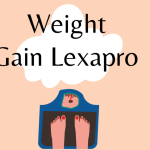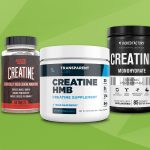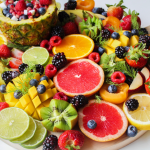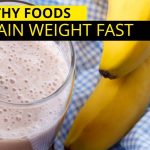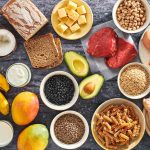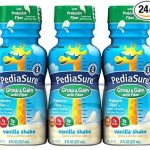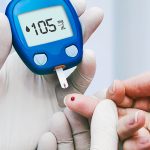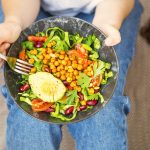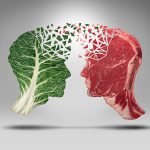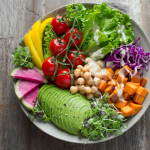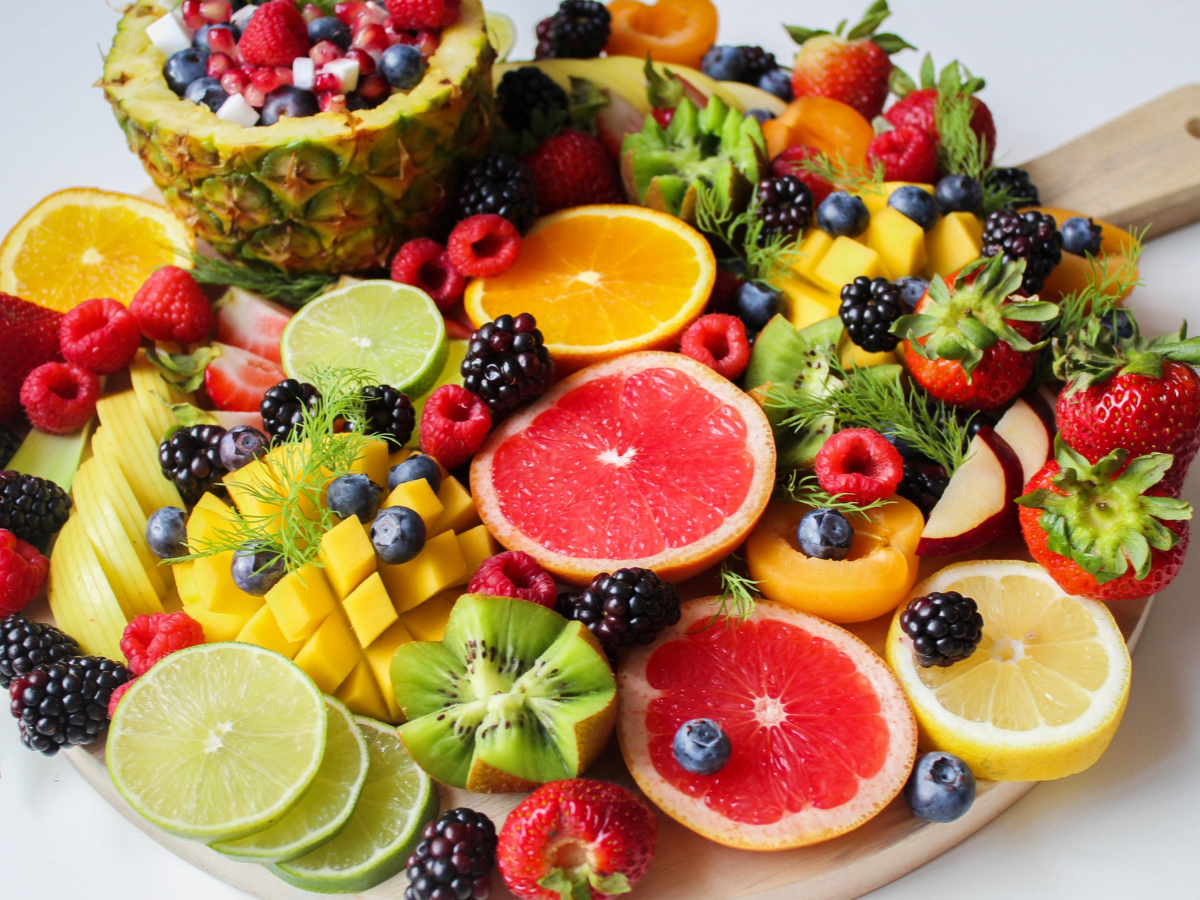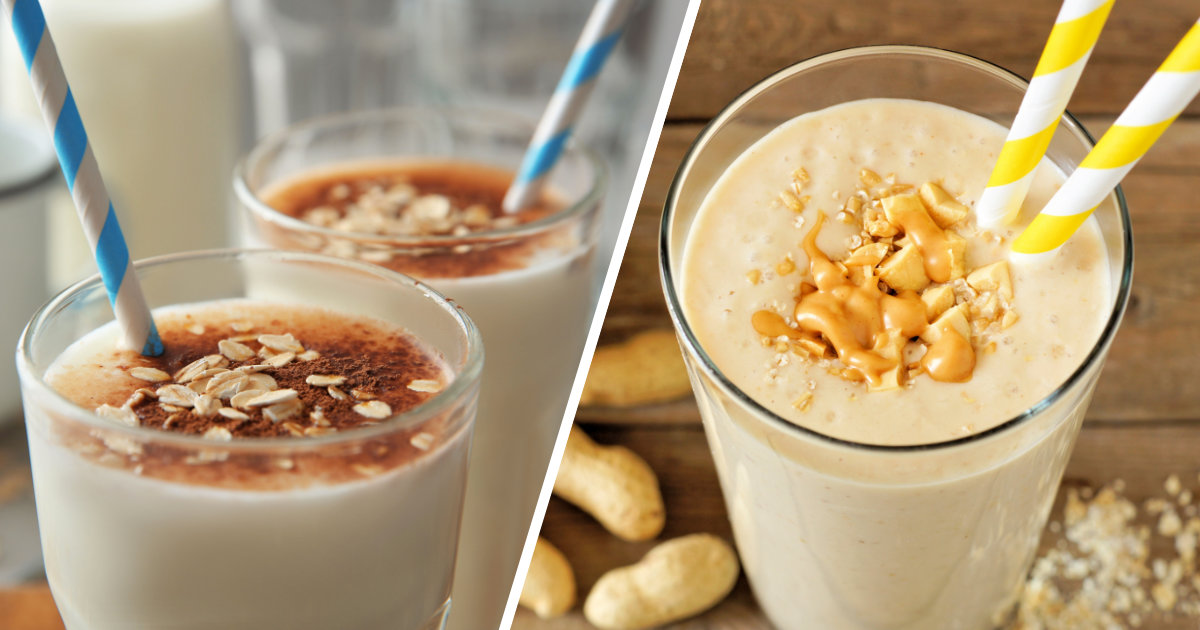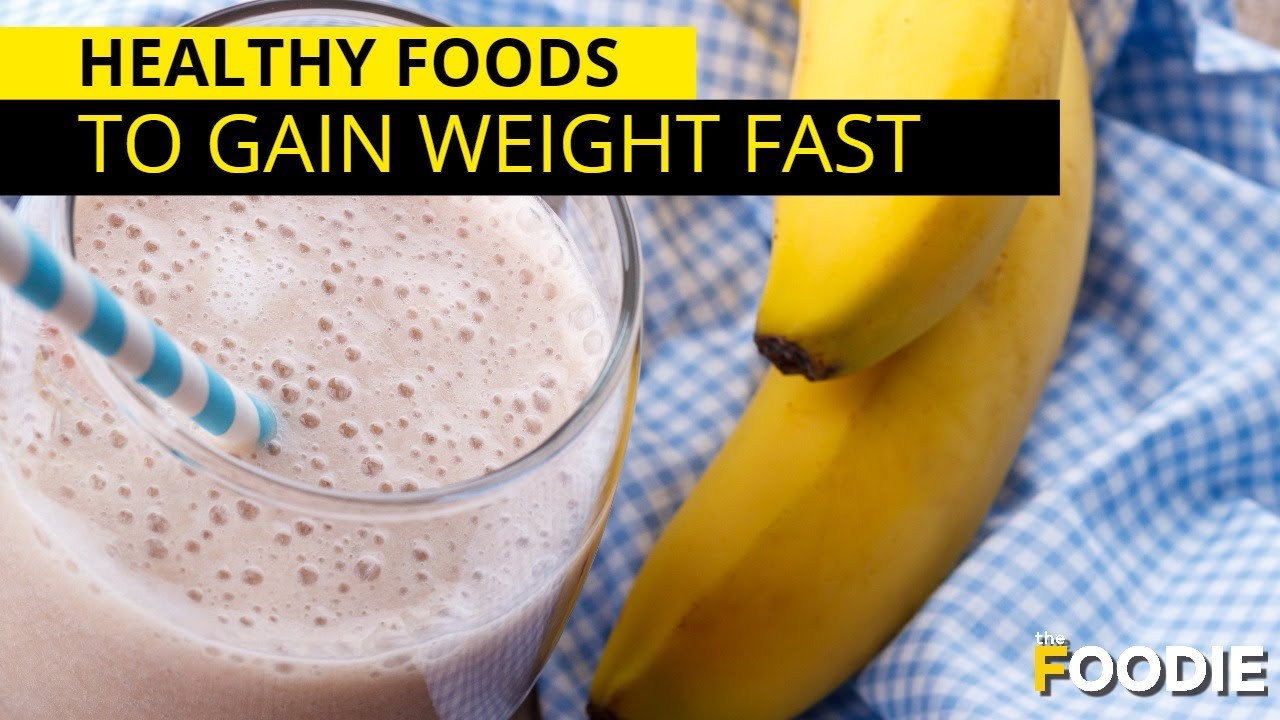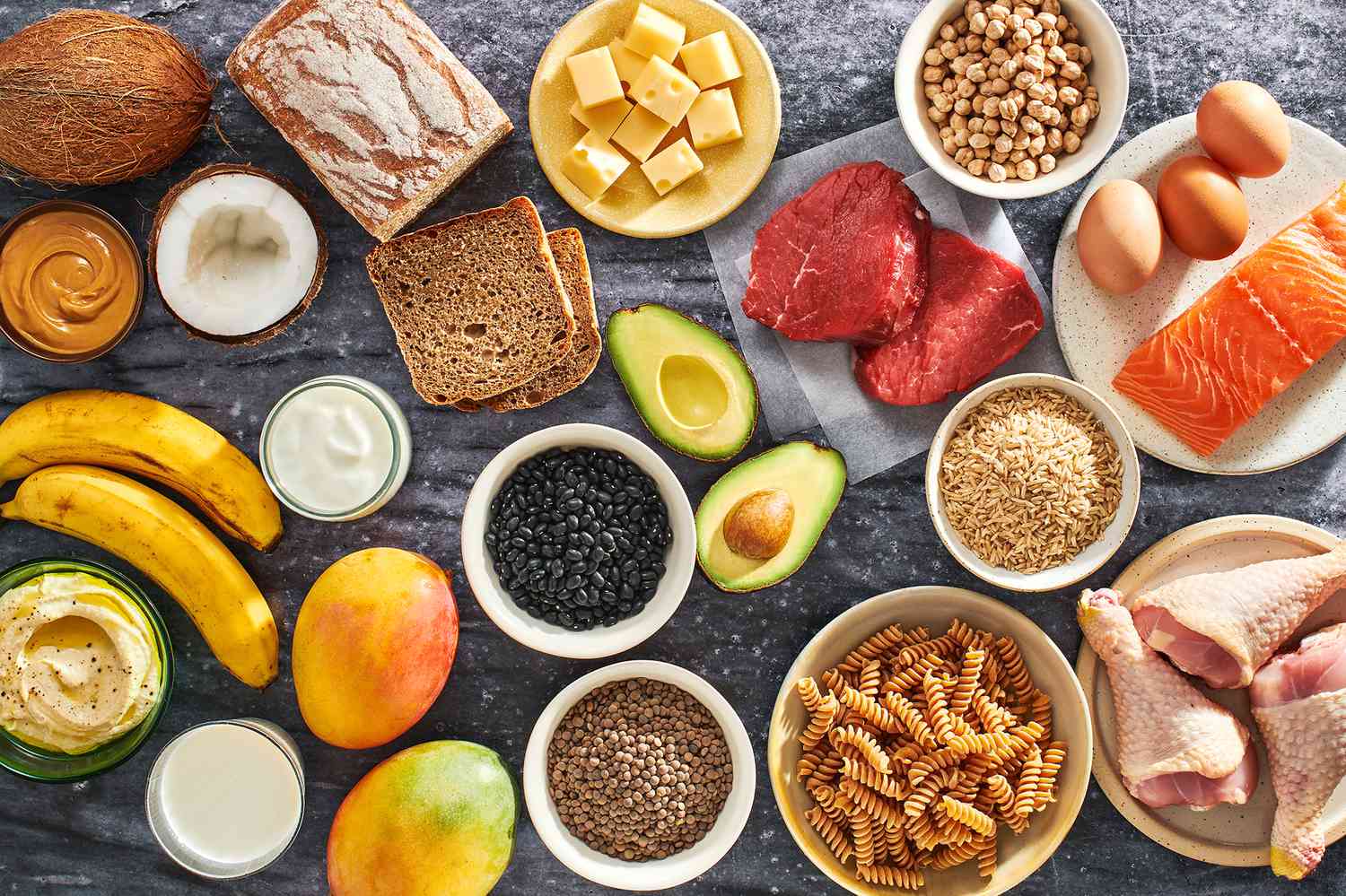
In today’s world, many people are struggling with weight issues, whether it is losing or gaining weight. While some people have a hard time gaining weight, others find it difficult to keep the weight off.
Weight gain requires a significant increase in calorie intake, and consuming high-calorie foods is crucial in achieving this goal. This article aims to explore ten high-calorie foods that can help in weight gain and provide valuable insight into the nutritional value of these foods.
10 High-Calorie Foods for Weight Gain
Avocado
Avocado is a fruit that is known for its high-fat content and is considered a superfood due to its numerous health benefits. One medium-sized avocado contains approximately 250-300 calories, making it an excellent choice for weight gain. Additionally, avocados are rich in monounsaturated and polyunsaturated fats, which can help lower cholesterol levels and reduce the risk of heart disease.
Apart from being high in calories, avocados are also rich in nutrients such as fiber, potassium, and vitamins B, C, and K. They can be consumed in various ways, such as in smoothies, on toast, or in salads. Adding avocado to your diet can be a tasty and healthy way to increase your calorie intake and promote weight gain.
Nuts and Nut Butter
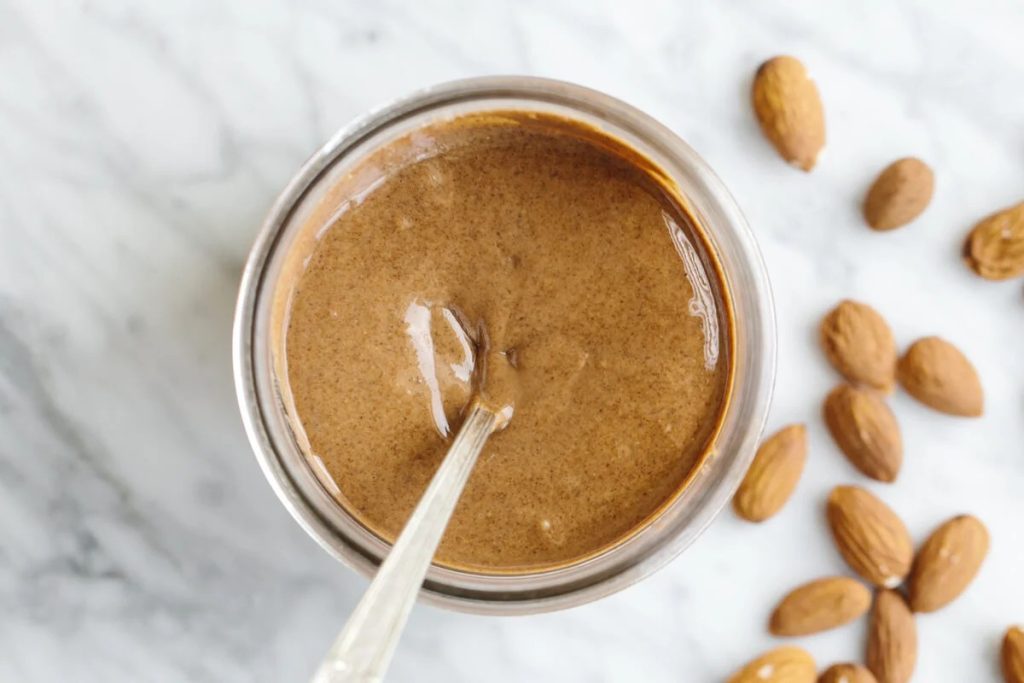
Nuts and nut butter are high in calories and healthy fats that make them a great option for weight gain. A 1-ounce serving of nuts contains approximately 160-200 calories, while a tablespoon of nut butter has around 90-100 calories. They are also rich in nutrients such as protein, fiber, and vitamins and minerals like vitamin E and magnesium.
Consuming nuts and nut butter can be an easy and convenient way to increase calorie intake. They can be eaten as a snack or added to meals such as salads, oatmeal, or smoothies. Nut butter can also be used as a spread on toast or as a dip for fruits or vegetables.
Cheese
Cheese is a high-calorie and high-fat dairy product that can be an excellent addition to a weight gain diet. One ounce of cheese contains around 100-120 calories and is also rich in nutrients such as calcium, protein, and vitamin D.
There are various ways to consume cheese, such as adding it to sandwiches, pasta, or omelets. It can also be eaten as a snack with crackers or paired with fruits such as grapes or apples.
Dark Chocolate
Dark chocolate is a tasty and healthy high-calorie food that can aid in weight gain. A 1-ounce serving of dark chocolate contains approximately 150-170 calories and is rich in antioxidants and minerals such as iron and magnesium.
Consuming dark chocolate in moderation can provide numerous health benefits and help curb sugar cravings. It can be eaten on its own as a snack or added to recipes such as oatmeal or smoothies. Dark chocolate can also be paired with fruits or nuts for a tasty and healthy snack option.
Whole Grains
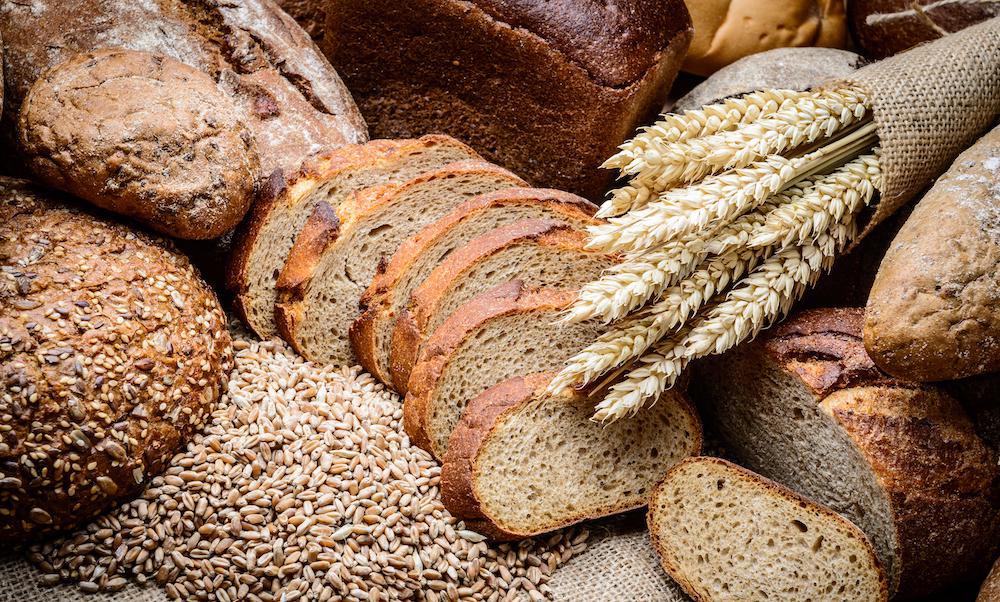
Whole grains are an essential part of a healthy diet and can also aid in weight gain. They are high in fiber, which promotes satiety and can help prevent overeating. Whole grains are also rich in nutrients such as vitamins, minerals, and antioxidants.
A 1-cup serving of cooked whole grains, such as brown rice or quinoa, contains approximately 180-220 calories. They can be consumed in various ways, such as in salads, soups, or as a side dish. Whole grain bread and pasta are also excellent options for weight gain.
Dried Fruit
Dried fruit is a tasty and healthy high-calorie food option that can aid in weight gain. A 1-ounce serving of dried fruit contains approximately 80-120 calories and is also rich in fiber, vitamins, and minerals.
Dried fruit can be eaten as a snack on its own or added to recipes such as oatmeal or trail mix. It can also be paired with nuts or nut butter for a healthy and satisfying snack.
However, it’s important to consume dried fruit in moderation as it is high in natural sugars, which can lead to excess calorie intake if not consumed in moderation.
Olive Oil
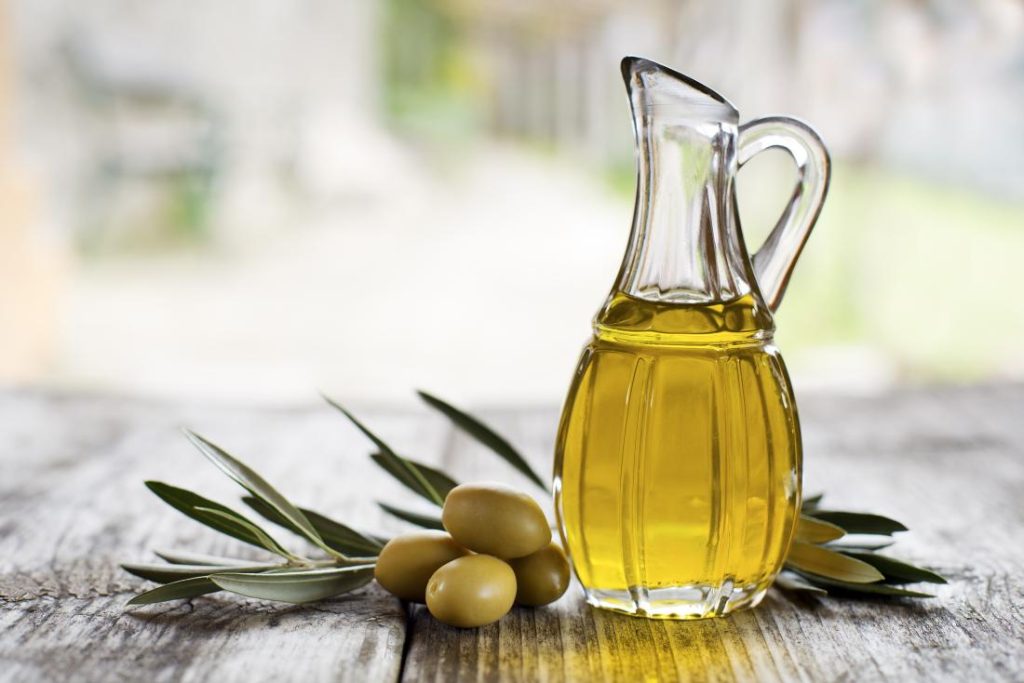
Olive oil is a healthy and delicious high-calorie food that can aid in weight gain. It is high in healthy monounsaturated fats that can help reduce inflammation and improve heart health. A tablespoon of olive oil contains approximately 120 calories.
Olive oil can be used in various ways, such as in salad dressings, marinades, or as a cooking oil. It can also be drizzled over vegetables or pasta for added flavor and calories.
Red Meat
Red meat, such as beef or lamb, is a high-calorie and high-protein food that can aid in weight gain. A 3-ounce serving of beef contains approximately 180-220 calories and is also rich in nutrients such as iron, zinc, and vitamin B12.
Red meat can be cooked in various ways, such as grilling, roasting, or pan-frying. It can be consumed as a main dish or added to recipes such as stir-fries, stews, or pasta dishes.
However, it’s important to consume red meat in moderation as it is also high in saturated fats, which can increase the risk of heart disease and other health issues if consumed in excess.
Whole Milk
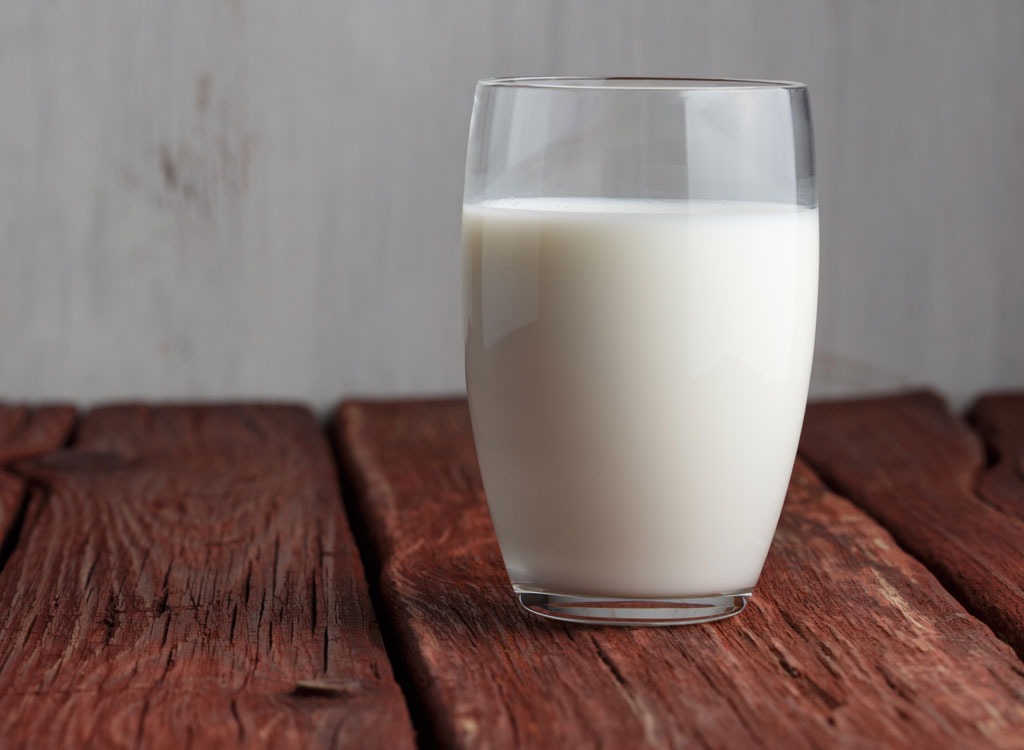
Whole milk is a nutritious and high-calorie beverage that can aid in weight gain. A cup of whole milk contains approximately 150-170 calories and is also rich in nutrients such as calcium, vitamin D, and protein.
Whole milk can be consumed on its own or used in various ways, such as in smoothies, oatmeal, or baked goods. It can also be added to coffee or tea for added flavor and calories.
Peanut Butter
Peanut butter is a delicious and healthy high-calorie food that can aid in weight gain. Two tablespoons of peanut butter contain approximately 190-200 calories and are also rich in healthy fats, protein, and fiber.
Peanut butter can be spread on toast, crackers, or fruit for a healthy and satisfying snack. It can also be added to smoothies, oatmeal, or baked goods for added flavor and calories.
Conclusion
In conclusion, incorporating high-calorie foods such as whole milk and peanut butter into your diet can aid in weight gain while also providing numerous health benefits. It’s important to consume these foods in moderation and as part of a balanced diet.
Frequently Asked Questions
- Can high-calorie foods be consumed by people who are trying to lose weight?
Consuming high-calorie foods may not be the best option for people who are trying to lose weight. While these foods may be beneficial for weight gain, they are often high in fat and sugar, which can contribute to weight gain when consumed in excess. However, incorporating small amounts of high-calorie foods into a balanced diet can be beneficial for overall health and can help with weight loss when consumed in moderation.
- Are there any risks associated with consuming high-calorie foods?
Consuming high-calorie foods in excess can contribute to weight gain and increase the risk of health issues such as heart disease and diabetes. It’s important to consume high-calorie foods in moderation and balance them with a healthy and balanced diet.
Additionally, some high-calorie foods, such as those that are high in saturated or trans fats, should be consumed in moderation to avoid adverse health effects.
- Can high-calorie foods be consumed by people with dietary restrictions?
Many high-calorie foods are suitable for people with dietary restrictions. For example, nuts and nut butter are often gluten-free and can be consumed by people with celiac disease or gluten intolerance. Similarly, avocados, dark chocolate, and dried fruit are suitable for people following a vegan or vegetarian diet.
However, it’s important to read food labels and consult with a healthcare provider or registered dietitian to ensure that high-calorie foods are safe and suitable for your specific dietary needs.






